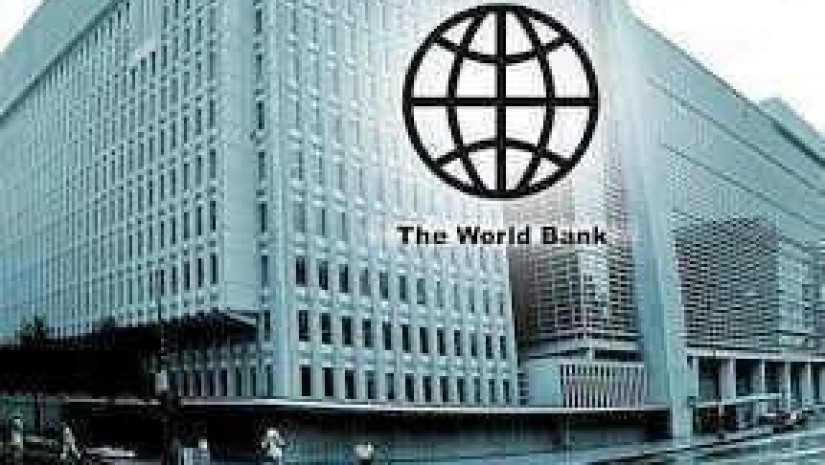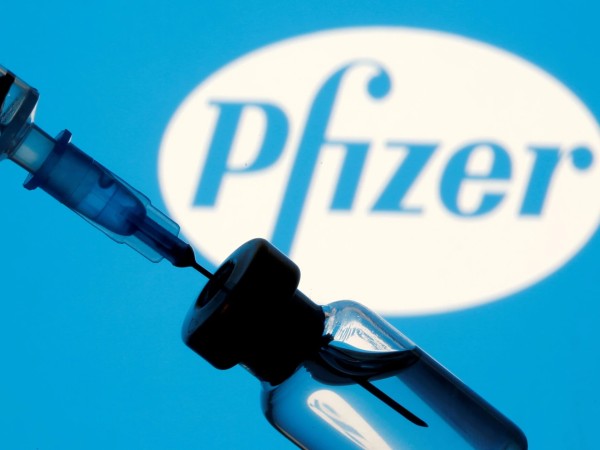Decisive policy measures that prioritize investments in health care systems and provide safety nets for people, especially the most vulnerable, are critical to mitigating the impacts of the COVID-19 (Coronavirus) pandemic in Europe and Central Asia, according to the Spring 2020 Economic Update for the region.
“During these exceptionally difficult times, it is imperative for policymakers to act decisively,” says Cyril Muller, World Bank Vice President for Europe and Central Asia. “This means moving rapidly to strengthen health systems and social safety nets, supporting the private sector, and preserving financial stability and confidence — all critical to people’s lives.”
Projections of the economic implications of COVID-19 are subject to significant uncertainty. Therefore, the report produces simulation exercises to illustrate the range of growth outcomes that may materialize as a result of the pandemic. *Scenarios suggest regional growth will fall into a recession in 2020, contracting to between −4.4 and −2.8 percent, held back by the coronavirus pandemic, before rebounding in 2021 as policy measures are introduced, global commodity prices gradually recover, and trade strengthens.
“Social distancing and closing of non-essential businesses and schools are necessary measures to contain the spread of the pandemic and save lives,” says Asli Demirgüç-Kunt, World Bank Chief Economist for Europe and Central Asia. “At the same time, policies must seek to minimize the economic costs of these measures and ensure the recovery is quick rather than prolonged, once the pandemic is over.”
Supportive measures, such as cash transfers or healthcare subsidies, to help vulnerable people and families, and temporary business credit and tax breaks to businesses, will be critical to cushion the downturn and preserve jobs, says the report. Small and medium enterprises that are impacted could benefit significantly from targeted government subsidies.
In Georgia, real GDP growth is projected to slow sharply, to close to zero percent in 2020, as the impacts of COVID-19 add to an already challenging external environment. This will be partly cushioned by a fiscal stimulus of around 2 percent of GDP, containing acceleration of capital spending, tax deferrals, accelerated VAT refunds and sector support for the most affected businesses, as well as higher social spending. This is expected to push the fiscal deficit to around 5.2 percent of GDP in 2020, says the report. The Georgian economy will be severely impacted, as transport restrictions affect the travel and tourism sectors, while containment measures dampen domestic demand.
“The World Bank remains a strong and committed partner to Georgia, and we will support the government’s health, social protection and economic recovery responses, all of which are essential to mitigating the impacts of the pandemic on the people of Georgia,” says Sebastian Molineus, World Bank Regional Director for the South Caucasus.
The World Bank Group is taking broad, fast action to help developing countries strengthen their pandemic response, increase disease surveillance, improve public health interventions, and help the private sector continue to operate and sustain jobs. It is deploying up to $160 billion in financial support over the next 15 months to help countries protect the poor and vulnerable, support businesses, and bolster economic recovery.















